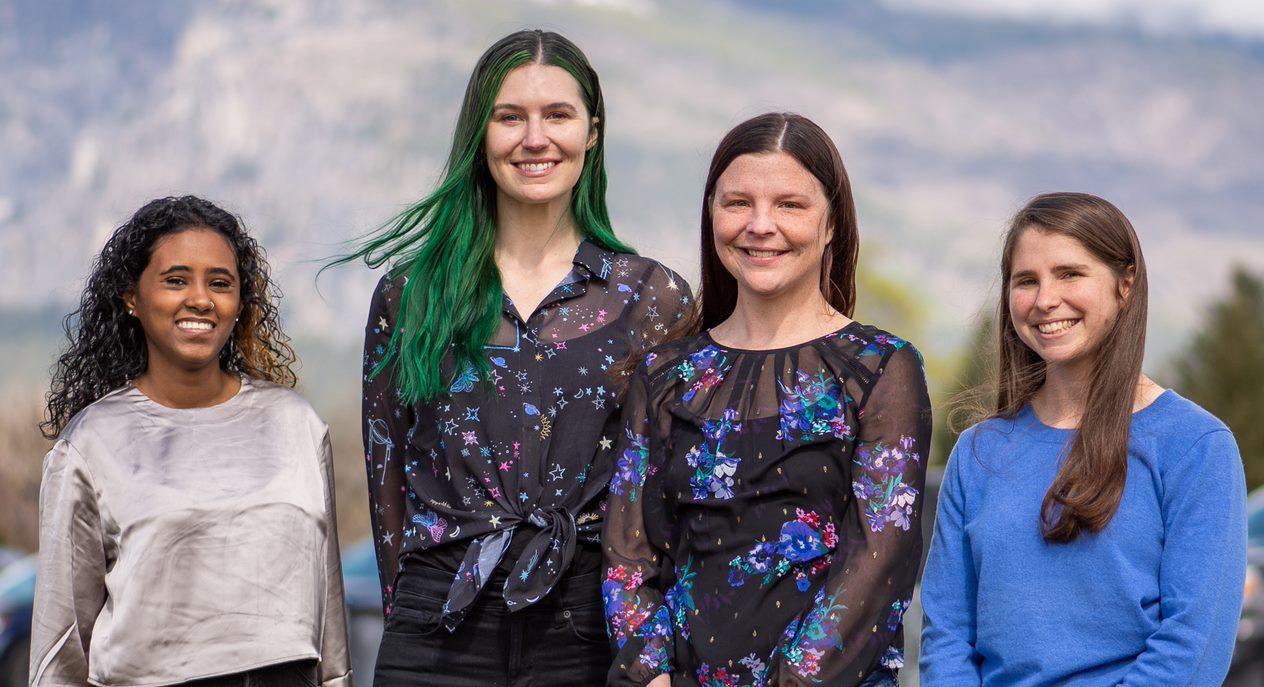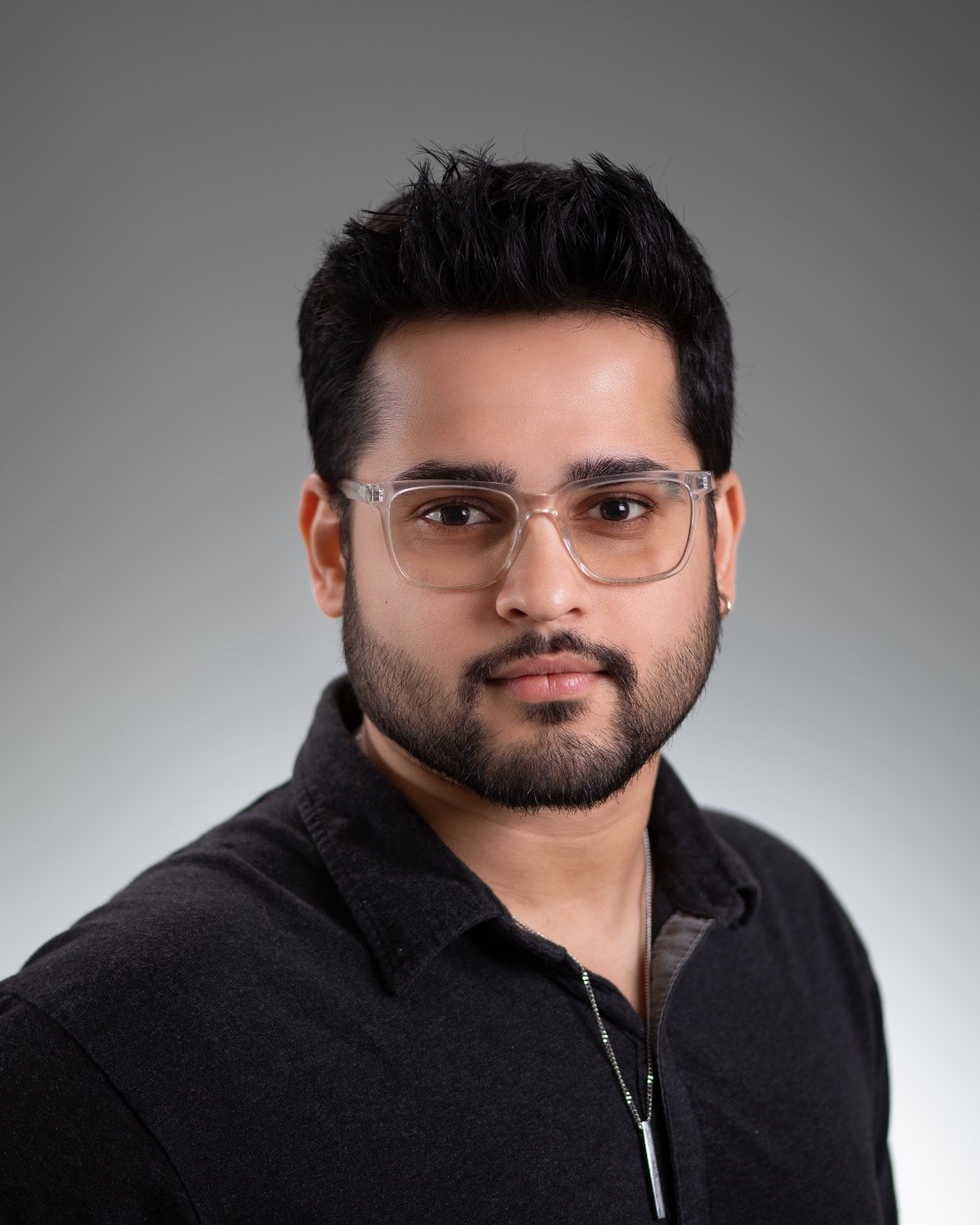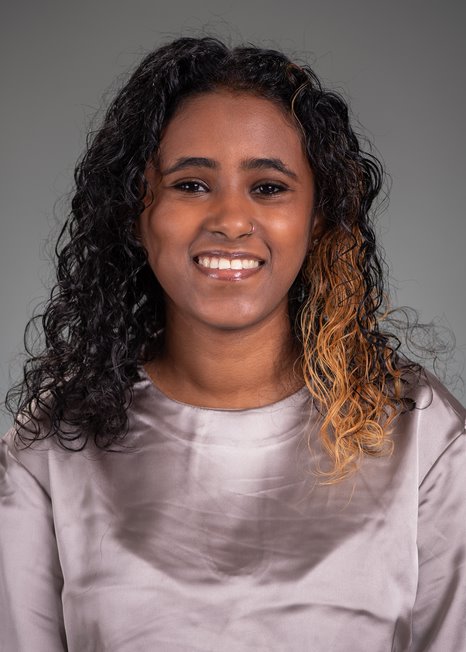Our work involves the study of bacterial-host interactions using relevant cellular and animal model systems. We seek to elucidate immunologic mechanisms involved in these interactions and use this knowledge to advance preclinical therapeutic and vaccine development efforts.

Long Research Group, 2022: Front Row (left to right): Mahelat Tesfamariam, Postbaccalaureate IRTA Fellow; Carrie Mae Long, Senior Investigator; Crystal Richards, Biologist (former member); Picabo Binette, Postbaccalaureate IRTA Fellow (former member).
Carrie Mae Long, Ph.D.
Chief, Bacterial Immunology and Pathogenesis Unit
Stadtman Tenure-Track Investigator
Education:
Ph.D., 2016, West Virginia University
B.S., 2011, Gardner-Webb University

Het Adhvaryu, B.Sc.
Graduate Partnership Program Predoctoral Student
Education:
Ph.D. Candidate, University of Arkansas for Medical Science, College of Medicine

Matthew W. Anderson, B.S.
Postbaccalaureate Fellow
Education:
B.S., 2023, Biology, Minors in Spanish and Biochemistry, Hillsdale College

Katie Pierce, M.Sc.
Graduate Partnership Program Predoctoral Student
Education:
Ph.D. Candidate, University of Arkansas for Medical Science, College of Medicine
M.Sc., Biology, Louisiana Tech University
B.S., Human Biology, Indiana University Bloomington

Jonathan Shikany, B.S.
Graduate Partnership Program Predoctoral Student
Education:
Ph.D. Student, Montana State University, Department of Chemical Engineering
B.S., Biological Engineering and Biochemistry, Montana State University

Mahelat Tesfamariam, B.S.
Postbaccalaureate IRTA Fellow
Education:
B.S., Biology, Georgia State University
Languages Spoken: Amharic

Former Research Group Members
Picabo Sweet Binette, B.S., IRTA Postbaccalaureate Fellow
Crystal L. Richards, Ph.D., Biologist

